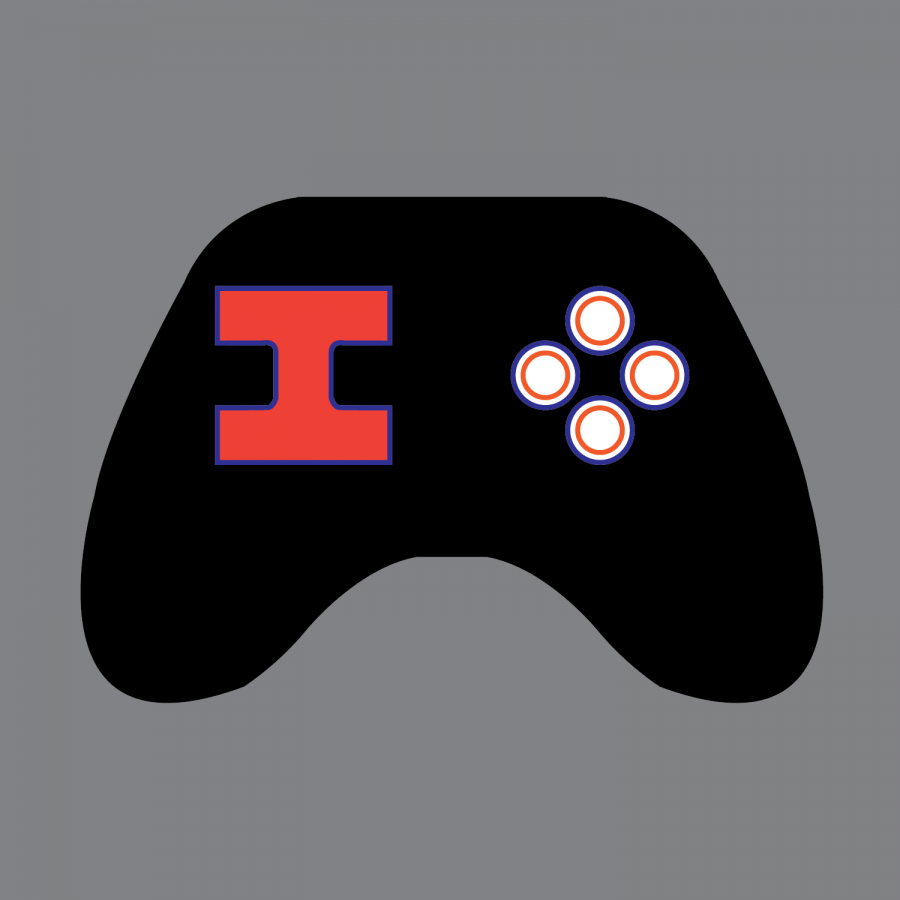Game Design Program focuses on making students interactive
November 8, 2018
Going from the Slavic Department to the School of Information Science may seem like a huge academic jump for anyone, but for Judith Pintar, it was meant to be.
“My own research is within the game and game design narratives, with storytelling as a focus,” Pintar said. “I was a game designer before I went back to Grad School, so that is where my expertise is.”
After earning her Masters Degree in Anthropology and her Ph.D. in Sociology from the University, Pintar taught in the Sociology Department for a number of years and then was in the Slavic Department for five years.
Now, most of her teaching is related to game studies. However, many students know her from other general education classes she has taught, such as South Slavic Cultures and Introduction to Eastern Europe. These classes utilize game theory and role-playing, as much as the actual game design courses.
“Professor Pintar’s knowledge in game theory was very apparent because the games she made us play were not only fun but also very inclusive and educational,” Elena Grantcharski, sophomore in LAS, said. “She would make us participate but also always shared her knowledge on topics and clarified whenever we had questions. There was never a dull moment in her class.”
Get The Daily Illini in your inbox!
Grantcharski took Professor Pintar’s class, REES 201: Intro to Eastern Europe. In addition to the games Pintar incorporated into her curriculum, Grantcharski said she would also have parties in class in celebration of different cultural festivities in Eastern Europe.
Pintar is now teaching multiple classes which focus on game design for the informatics program, and she is the director of the IPRH Research Cluster called Playful by Design.
Playful by Design’s research is working toward bringing in a game studies program on campus.
“(The course) is going to explore the design of many things in playful ways in order to design by playfulness. (It’s) not about making games per se but about making and incorporating playfulness in the design of many things,” Pintar said.
Pintar believes her interest in the power of narratives and storytelling is what drives her classes and how receptive the students who take these classes become.
This semester, Pintar is teaching two game-design courses. One of these courses is INFO 490, which is the writing on text-based games and simulations known as “Interactive Fiction.” Within this, she teaches a programming language called Inform 7, which is a narrative program style that is used for games and text simulations.
As well as INFO 490, Judith also teaches Mapping Inequalities – Programming the Illinois Map. The course is a triple gen ed which qualifies for Social Science, US Minorities and Quantitative 2.
Pintar teaches a very accessible programming language, a natural reading programming language, which means that a lot of it reads like English.
“The language is very accessible for people who may have math anxiety, who say that they can’t program or that they don’t like computers, it is a language that teaches you to program through narrative logic,” Pintar said.
Lisa Bievenue, Assistant Director for the Illinois Informatics Institute, prides Judith in her ability to get the students to form a more narrative worldview.
“She definitely gets the kids to be more interactive with their studies, so she does role playing things that really get her students much more engaging,” Bievenue said.
Along with Pintar and faculty within LAS and the colleges of Media, Education and Engineering, Bievenue is hoping to develop some pathways for students to get certificates in other programs like minors or master’s.
“It is in the drawing stage at the moment, but we are working on a specific Game Studies minor,” Bievenue said.
There isn’t a program that currently offers a curriculum similar to what Bievenue and faculty are working towards with Game Studies. The crew within all of these faculty members that are working hope to create a program that encourages students to complete a discipline that is important to game design.
For example, a Computer Science major could use have a Game Studies minor. Students would gain exposure to game design, but it’s very interactive with different majors and very easy to maneuver.
Pintar treats her undergrads as “co-creators and equals” in order for the learning environment to really thrive. Her students, both past and potential, really admire that about her style.
“Some of the students are going to tell you I do some things differently in my classes, such as how we run the class,” Pintar said. “Some may even disagree with my methods to try to incorporate role-playing and hands-on experiences by enacting each thing we are studying.”
For her students, Pintar’s attitude and love of game design is what is making the Informatics and Game Design Minor so attainable. The idea to be able to have this minor and be able to not have to major in it is something that excites everyone involved.
“It could be anything because narrative is everywhere,” Bievenue said.








